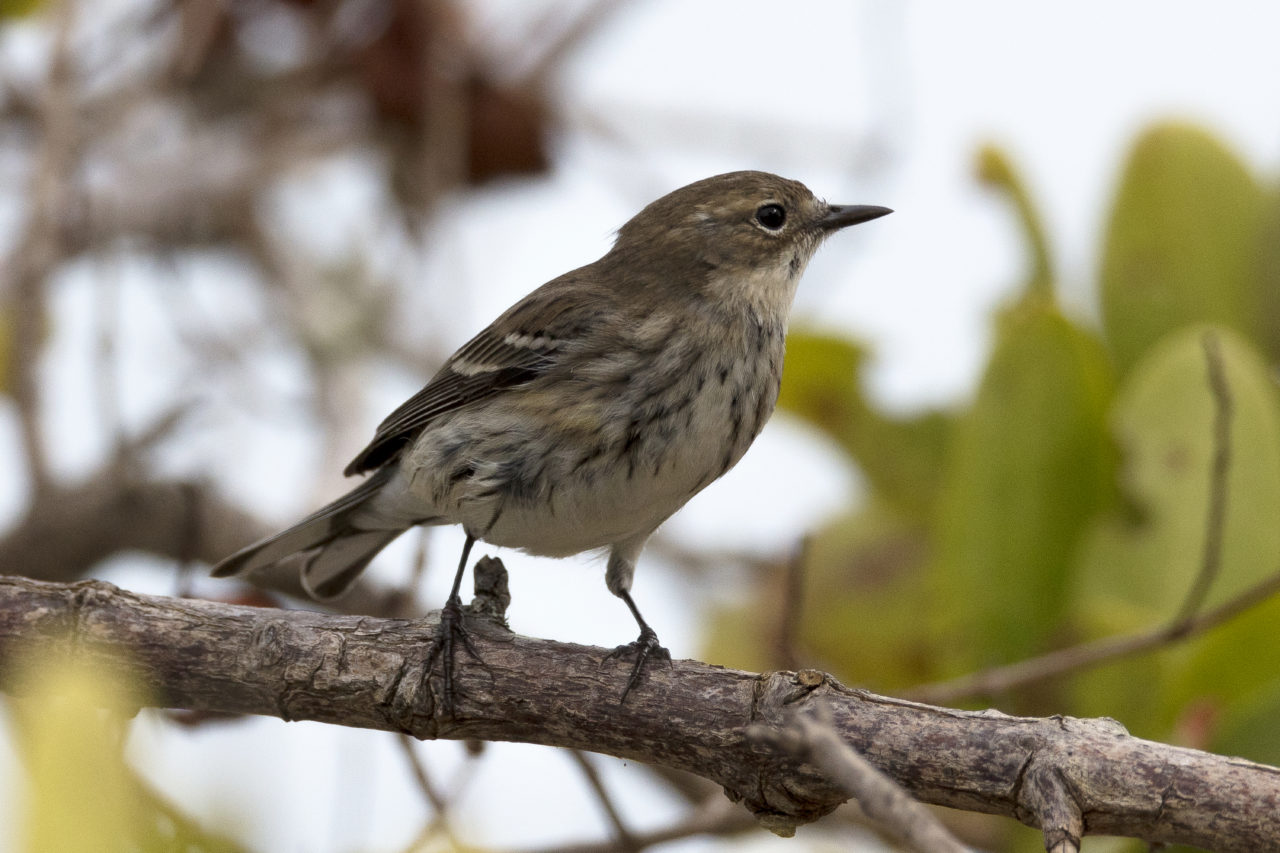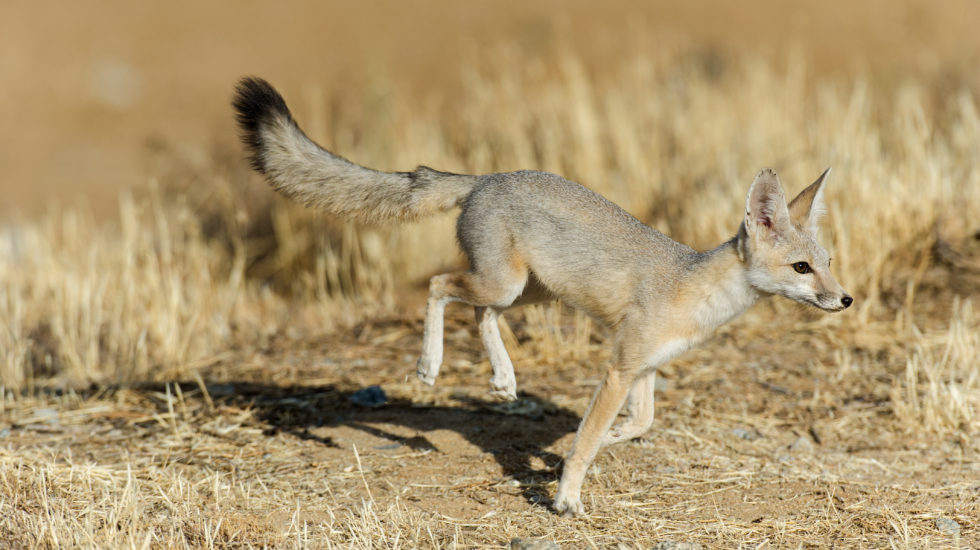The pesticides industry has for decades fought government efforts to protect endangered species from its products. And now the Trump administration has joined that fight on the industry’s side, according to the New York Times.
In 2017, the Times reports, scientists at the Fish and Wildlife Service prepared a report on the pesticide threat to hundreds of endangered species, like California’s Kit Fox (above) and Florida’s seaside sparrow.

“Their analysis found that two of the pesticides, malathion and chlorpyrifos, were so toxic that they “jeopardize the continued existence” of more than 1,200 endangered birds, fish and other animals and plants, a conclusion that could lead to tighter restrictions on use of the chemicals,” the newspaper says.
But then, unexpectedly, Trump political appointees stepped in to block the report’s release.
“Leading that intervention was David Bernhardt, then the deputy secretary of the interior and a former lobbyist and oil-industry lawyer,” the Times reports. “In October 2017, he abruptly summoned staff members to the first of a rapid series of meetings in which the Fish and Wildlife Service was directed to take [a] new approach, one that pesticide makers and users had lobbied intensively to promote.”
President Trump has nominated Bernhardt to become Interior Secretary; the Senate plans a hearing Thursday on his confirmation.
Citing more than 84,000 pages of Interior Department and EPA documents obtained via the Freedom of Information Act, the Times says the actions of Bernhardt and other officials amount to “a case study of how the Trump administration has been using its power to second-guess or push aside conclusions reached by career professionals, particularly in the area of public health and the environment.”
Among the companies celebrating this apparent victory are Corteva (formerly Dow AgroSciences), which makes chlorpyrifos and which “donated $1 million to Mr. Trump’s inauguration committee,” the Times says, and FMC Corporation, manufacturer of malathion.
Fish and Wildlife scientists say pesticides — particularly chlorpyrifos, used on many fruits and vegetables, and malathion, used against mosquitoes and other insects — are “high toxicity” for all animals. Separately, the EPA has considered banning chlorpyrifos “because of potential harm to humans,” the newspaper says.



